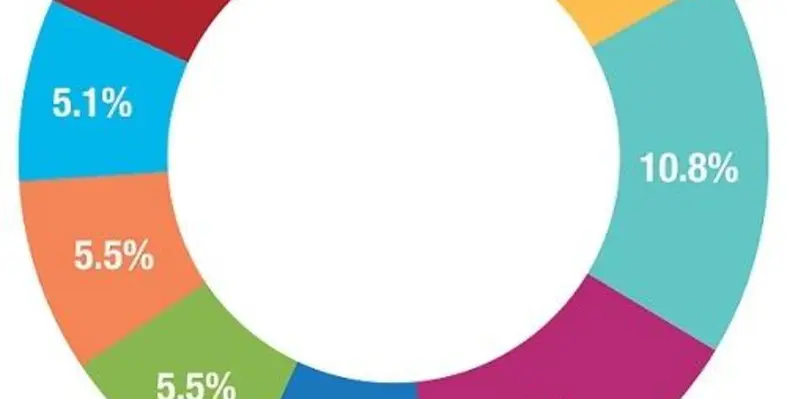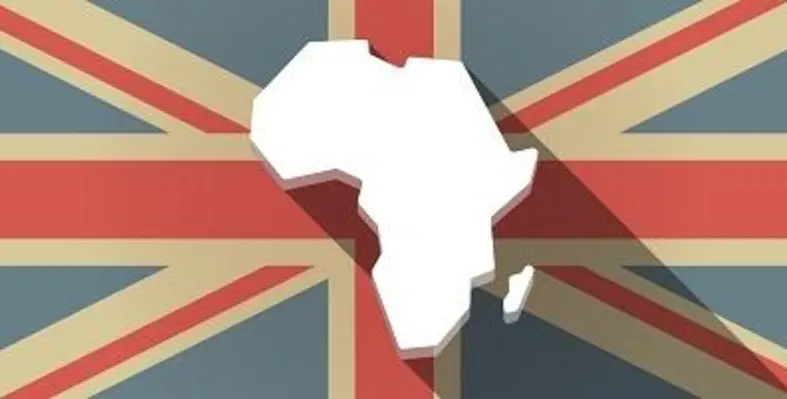Britain is set to exit the EU on 31 October 2019, but uncertainty remains over the exact terms on which UK will depart the EU, whether it leaves on time and even whether there might be a second referendum on EU membership
With a population of 66.5 million in 2018 and a GDP of US$2.8trn, the UK is the world’s fifth-largest economy, offering substantial market opportunities for African products and services. The UK is among the top five foreign investors in Africa with a foreign direct investment (FDI) stock of US$46bn in 2017, and last year, British firms invested US$5.6bn into greenfield African projects, up from US$2.2bn in 2017, according to the World Investment Report 2019. Britain hopes to become the largest ‘Group of Seven’ investor in Africa by 2022. Bilateral trade between Britain and Africa totalled almost US$42bn in 2018, mostly concentrated in South Africa and Nigeria. The London Stock Exchange has the largest concentration of African publicly quoted companies (more than 120) with a combined market capitalisation of US$70bn. Britain’s 2018 foreign aid was US$19.4bn, of which one-fifth was channelled to Africa. In fact, the UK is one of only five Development Assistance Committee (DAC) members that meet the UN target of 0.7 per cent of overseas development assistance (ODA), relative to gross national income.
A new British-Africa partnership focus was unveiled in 2018 promoting economic development, private-sector investment and enhanced security, pointing to future ODA increases to Africa in these areas. New trade envoys to some Africa countries were appointed – tasked with ensuring that businesses flourish during a new era of ‘Global Britain’. The UK and South Africa are co-leading the Commonwealth Digital Connectivity Agenda, which aims to quadruple trade between Commonwealth countries by 2030 through digital innovation. Former UK Foreign Secretary, Jeremy Hunt put it, “Time for the world to see African nations as partners for investment and trade.”
New trade arrangements
Britain has a network of partnership and association agreements across Africa – currently held by the EU Commission. A major focus over the past two years has been working with African governments towards continuity and transition from those EU trading arrangements to UK ones. The EU’s existing Economic Partnership Agreement (EPA) with five Southern African Customs Union (SACU) countries: South Africa, Lesotho, Swaziland, Namibia and Botswana is being rolled over. That will be extended to all of the Regional Economic Communities: Southern African Development Community (SADC), Economic Community of West African States (ECOWAS), East Africa Community (EAC) and Central African Economic and Monetary Community (CEMAC).
“All developing countries that have EPA with the UK have said they want to maintain their existing arrangements after we leave the EU, and we have already signed a continuity agreement with eastern and southern African countries. We also intend to introduce a trade preference scheme that will benefit around 70 developing countries,” stated the Department for International Trade (DfIT).
The objective is to replicate the existing EPA governing goods, trade and maritime services between EU and the African continent (signed in 2016), thus allowing African countries to enjoy similar access to Britain as is currently with EU 27 markets in post-Brexit era. The government has also introduced a Taxation Bill (Cross-Border Trade Bill) to enable Britain to put in place a trade preference scheme for developing nations as it exits the EU, which will, among other things, guarantee the same level of market access as the current EU trade preference scheme, thereby maintaining duty-free, quota-free access for the least developed countries (majority African) and offering generous tariff reductions to 25 other developing countries.
For full report see the September issue of African Review.
By economist Moin Siddiqi












